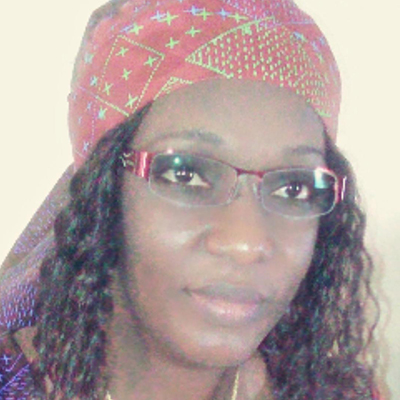Dermatology
— filling the care deficit —

Train health professionals, develop diagnosis and participate in prevention of social and health risks for people with albinism : the Pierre Fabre Foundation contributes to filling the gap for the management of skin diseases in Africa.
________
Skin diseases are among the first reasons people seek medical consultation in emerging countries, but they are difficult to treat due to the lack of medicalstaff training in peripheral health centres in these “non-priority” pathologies, the complications of which can nevertheless be severe if not promptly treated. For example, impetigo can lead to kidney failure.
This challenge is coupled with a marked lack of dermatologists, forcing patients to make long and expensive trips to seek medical advice in major urban areas. These ailments, the leading reasons behind medical consultations, are often treated in peripheral centres that suffer from a severe lack of specialists and personnel little-trained in non-priority diseases. This situation is of great concern, especially as the populations have a genuine need.
These circumstances led the Fondation Pierre Fabre to invest in the field of teledermatology with a twofold commitment: training healthcare workers to treat the most common diseases and providing the technical capacities needed to entrust the more difficult cases to specialists.
At the same time, the Foundation works to prevent and manage the social and health risks of people with albinism, a population that is particularly exposed to the risk of skin cancers and that also suffers from ophthalmic problems that compromise their access to education and their economic integration. The Pierre Fabre Foundation’s activities in favour of people with albinism are structured in a global approach that goes beyond the medical aspects and covers psychosocial support for patients and information for the population.
The projects supported by the Foundation include a component on the local production of sun protection ointment, whose formula was developed pro bono by Pierre Fabre Laboratories and specifically adapted to the context of sub-Saharan Africa.
 |
 |
 |
| Preventing skin cancers due to albinism — Mali — |
Prevention and early management of skin cancer for people with albinism — Tanzanie — |
Assessing the viability of teledermatology — Mali — |
 |
 |
 |
| Prevention and treatment of skin diseases among people living with albinism — Burkina Faso — |
Skin cancer prevention and treatment in people with albinism — Togo — |
Teledermatology implemented in Mauritania — Mauritania — |
 |
 |
 |
| Implementation of the Téléder Togo teledermatology programme — Togo — |
Prevention and treatment for people with albinism — Ivory Coast — |
Implementing teledermatology – E-Dermato Niger — Niger — |
 |
||
| Improving protection, prevention and access to health care for people with albinism in sub-Saharan Africa — Côte d’Ivoire, Uganda, Niger, DRC and Madagascar — |
 |
||
| Improving management of noma — Burkina Faso — |
||
Follow our action
Teledermatology in Mauritania: photo report
In Mauritania, healthcare needs in dermatology are tremendous. To compensate for the lack of specialists, teledermatology is a vital solution that optimises available resources, ensuring better coverage for people living in regions without specialists.
Twenty-five years ago, the Fondation Pierre Fabre was recognized as a public-interest foundation
This was an essential step for Pierre Fabre, who was personally involved in obtaining that status. This recognition provided the assurance of reliability and steadfast presence, and also authorized the receipt of grants, donations and bequests by virtue of its public-interest mission.
Senegal: equipping and developing the first dermatopathology laboratory
The partnership initiated in 2018 between the Fondation Pierre Fabre and the Faculty of Medicine, Pharmacy and Odontology (FMPO) at Cheikh Anta Diop University in Dakar, which is hosting this new facility, aims first and foremost to improve access to high-quality dermatopathological diagnosis for the Senegalese population and other countries in sub-Saharan Africa.








